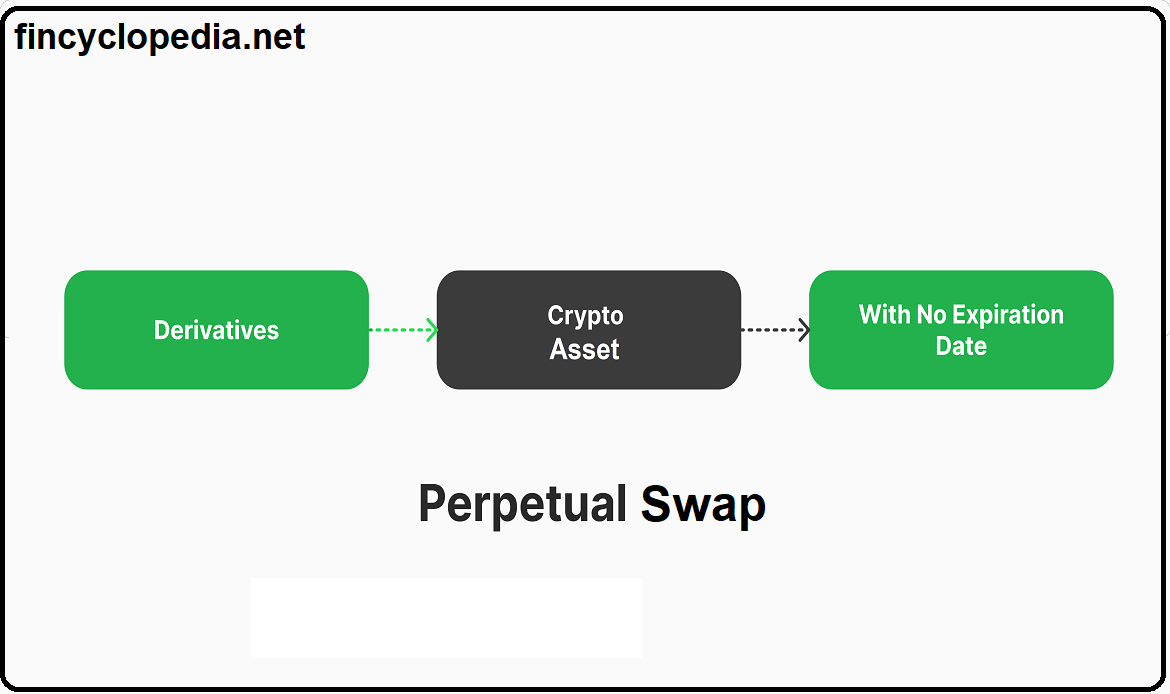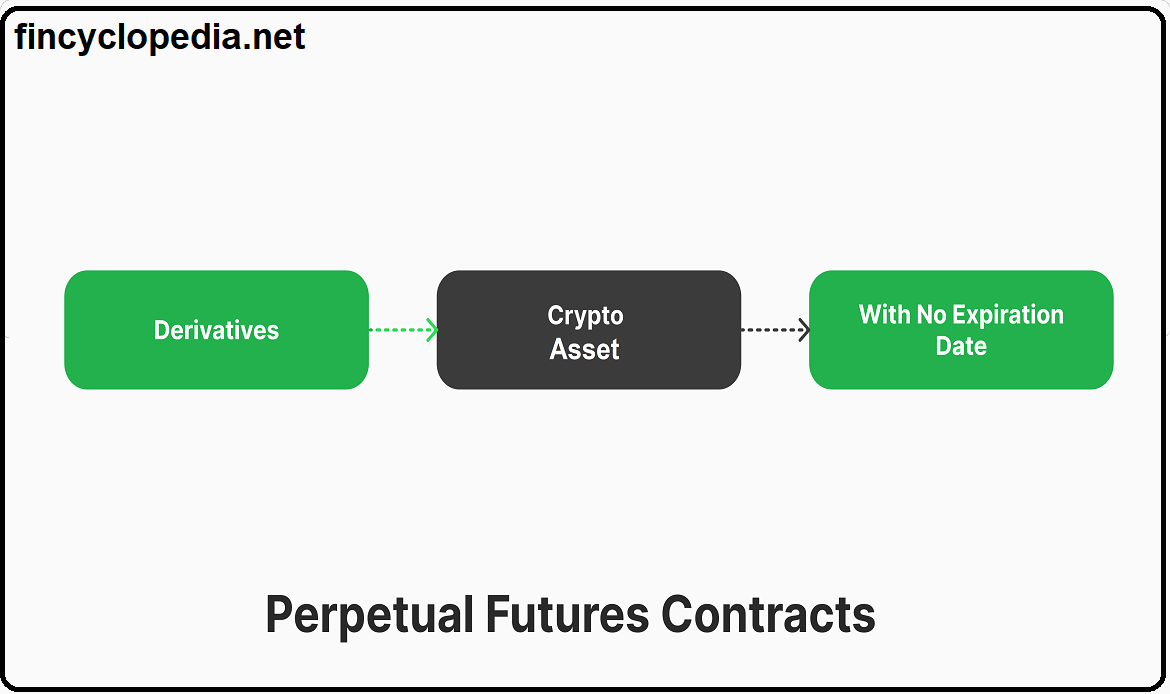An option contract that gives its holder (the buyer) the right, but doesn’t oblige him/ her/ it, to sell a certain quantity of an underlying security to the writer (the seller) of the option, at a specified price (usually known as the strike or exercise price) up to a specified date (the expiration date). If the strike price is lower than the underlying price at the market, exercise would be in the best interest to the holder. Otherwise, the option becomes worthless and expires as such. The holder of a put pays the seller a price (known as a put option premium) against the right to exercise on the underlying.
The standard amount of underlying security is normally 100 shares.
It is also known as a put option. The option to buy is known as a call.





